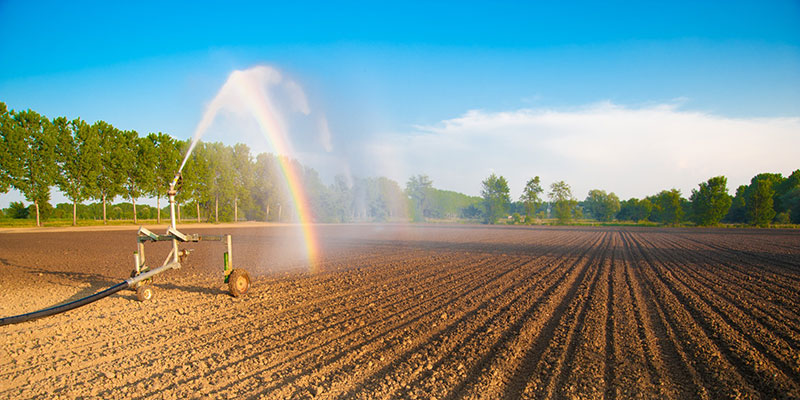The agriculture sector is the largest water user in Latin America, a recent study found, so treating grey water for reuse in crop irrigation is a great way to create a new resource stream and take the pressure off freshwater sources.
This strategy can combat water scarcity and reduce demand for fresh water
Water scarcity is a growing problem worldwide, even in Latin America, where rainfall is plentiful and freshwater relatively abundant. While the region has around 35% of the world’s renewable water resources, uneven distribution has resulted in extensive areas suffering from water scarcity.
That scarcity can be compounded by poor management, inadequate or poorly maintained infrastructure, or water quality issues arising from pollution, leading to disparities in access to drinking water and sanitation.
Reduce Demand or Find More Water
A recent study assessed the potential for water reuse and reclamation in Latin America and the Caribbean. It found that the agriculture sector is the largest water user in Latin America, accounting for 68% of use, followed by domestic (21%) and industrial (11%) sectors. Water demand is expected to increase in the next 20 years across all sectors, particularly domestic and industrial.
To ensure water security, we need to reduce the demand for water or find alternative sources of it. Reusing water can achieve both these goals, as it provides a renewable, alternative source of water that can be used to meet the demand for agricultural irrigation and other nonpotable uses, thereby reducing the demand on local freshwater resources that serve as drinking water.
Decentralized Wastewater Treatment
Recycling grey water for reuse can be achieved by deploying decentralized treatment infrastructure where it is needed, including rural areas and areas that are difficult to access. Grey water is the mostly clean wastewater that drains from baths, washing machines, and sinks.
Fluence’s advanced wastewater treatment solutions include membrane aerated biofilm reactor (MABR) technology for improved performance and cost-efficiency. Fluence’s Aspiral™ smart packaged wastewater solutions incorporate MABR technology and are packaged in standard shipping containers that can be deployed anywhere, including remote or hard-to-access areas.
Our decentralized treatment systems provide communities with improved sanitation. The treated wastewater can be safely reused for irrigation, reducing pollution of freshwater systems and demand for fresh water.
Overcoming Financial Barriers
While the authors of the study propose that water reuse presents an opportunity to mitigate water scarcity, they acknowledge that the cost of implementation can present a barrier, especially for lower-income countries. However, these hurdles can be overcome.
Fluence offers a variety of financing options, including Water Management Services, where we finance, build, and manage the wastewater treatment plant with no upfront capital or maintenance costs required from the client. To learn more about our water, wastewater, or water reuse solutions and ways to finance them, contact our team of experts, and we’ll design a custom solution.

